There Are Plenty of Alternatives
Below is the opening paragraphs from an article of mine that originally appeared on TheNation.com on August 9, 2017. The full article can be found here: https://www.thenation.com/article/to-find-alternatives-to-capitalism-think-small. Update, Sept. 28: An Italian translation of the article can be found here.
In the aftermath of Donald Trump’s shocking election victory, a shattered Democratic Party and dazed progressives agree on at least one thing: Democrats must replace Republicans in Congress as quickly as possible. As usual, however, the quest to recapture power is focused on tactical concerns and political optics, and not on the need for the deeper conversation that the 2016 election should have provoked us to have: How can we overcome the structural pathologies of our rigged economy and toxic political culture, and galvanize new movements capable of building functional alternatives?
Since at least the 1980s, Democrats have accepted, with varying degrees of enthusiasm, the free-market “progress” narrative—the idea that constant economic growth with minimal government involvement is the only reliable way to advance freedom and improve well-being. Dependent on contributions from Wall Street, Silicon Valley, Hollywood, and Big Pharma, the Democratic Party remains incapable of recognizing our current political economy as fundamentally extractive and predatory. The party’s commitment to serious change is halfhearted, at best.
While the mainstream resistance to Trump is angry, spirited, and widespread, its implicit agenda, at least on economic matters, is more to restore a bygone liberal normalcy than to forge a new vision for the future. The impressive grassroots resistance to Trump may prove to be an ambiguous gift. While inspiring fierce mobilizations, the politicization of ordinary people, and unity among an otherwise fractious left, it has thus far failed to produce a much-needed paradigm shift in progressive thought.
This search for a new paradigm is crucial as the world grapples with some profound existential questions: Is continued economic growth compatible with efforts to address the urgent dangers of climate change? If not, what does this mean for restructuring capitalism and reorienting our lives? How can we reap the benefits of digital technologies and artificial intelligence without exacerbating unemployment, inequality, and social marginalization? And how shall we deal with the threats posed by global capital and right-wing nationalism to liberal democracy itself?
- Read more about There Are Plenty of Alternatives
- Log in or register to post comments

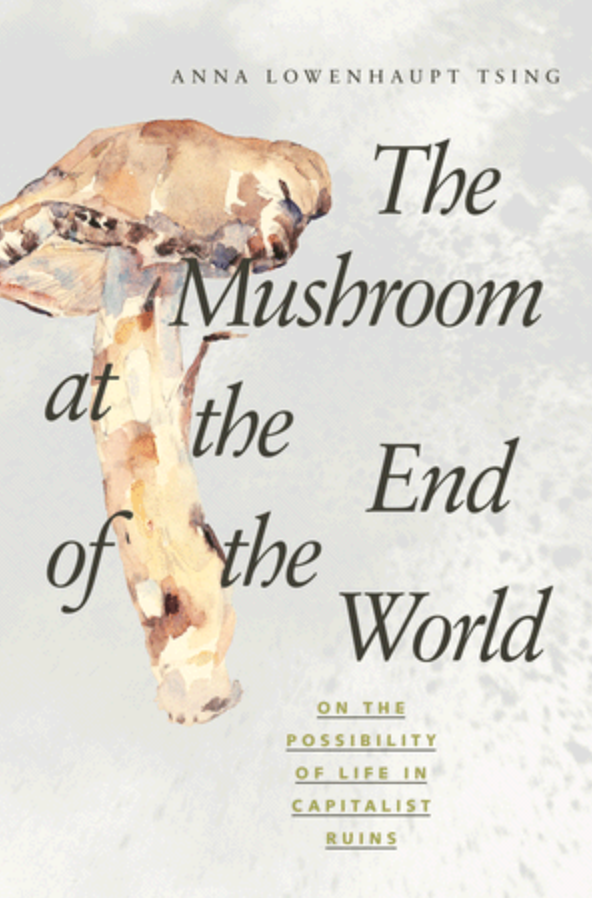
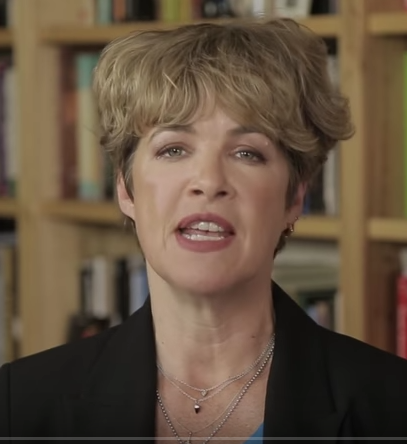 Over the past several months, I’ve done a number of other interviews and talks that have been posted online at various points. One of the more dramatic segments is an extremely well-produced
Over the past several months, I’ve done a number of other interviews and talks that have been posted online at various points. One of the more dramatic segments is an extremely well-produced 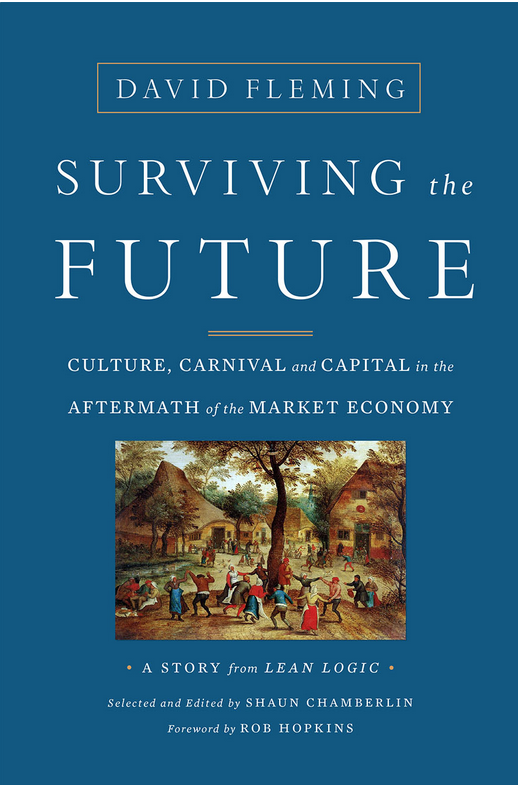
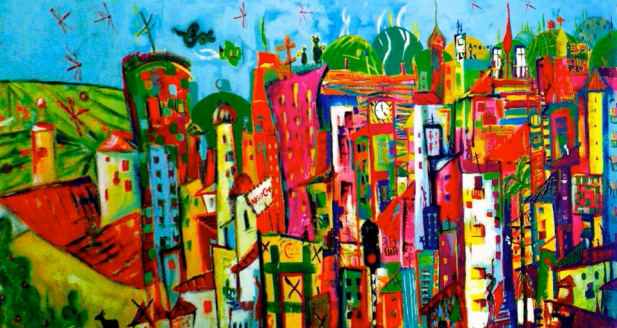
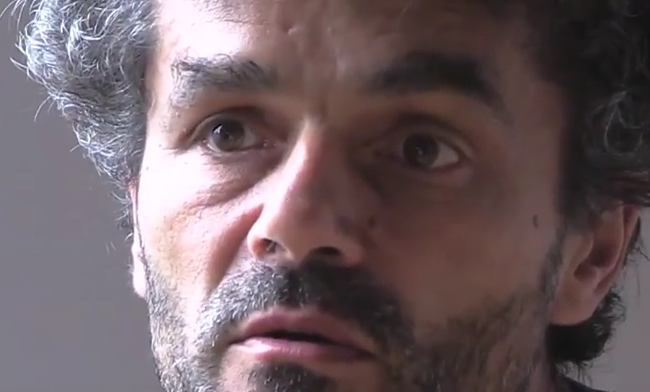

Recent comments